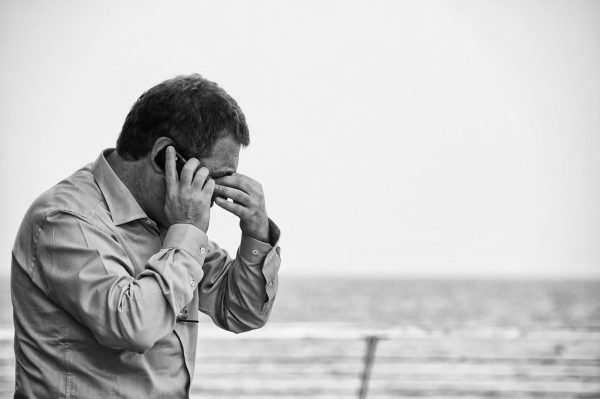
2020 has given us a lot to worry about from climate crisis, wildfires, superstorms, earthquakes, various elections near and far, to the ongoing COVID-19 pandemic. And, of course, we also worry as our daily lives seem ever so risky. But what about the kind of worry we experience for the people we love – our romantic partners, children, and close friends? While existing research has focused on individuals, a new study suggests we may in fact worry more about our loved ones.
Social psychologists Mirjam Ghassemi, Katharina Bernecker, and Veronika Brandstätter ask whether people are more anxious when a loved one is about to do something risky than when they are about to engage in the same risk behavior themselves. Through a series of five experimental studies, the researchers presented participants with imagined scenarios of risks to health or safety to better understand the relationship between how individuals assess risk and the amount of anxiety they feel. These imagined scenarios ranged from everyday risks such as cycling without a helmet to the more dramatic risks such as boarding a plane with a recent history of mechanical failures.

Why is there a discrepancy in how much we worry? The authors suggest this could be due to our lack of control over our loved ones’ behaviors. Another possible explanation is that we can more easily imagine worse outcomes for other people than we can imagine for ourselves, which increases our worry for them. These findings show that our close relationships to others makes us worry. However, we also need these close relationships to help support us in challenging and uncertain times.

Comments